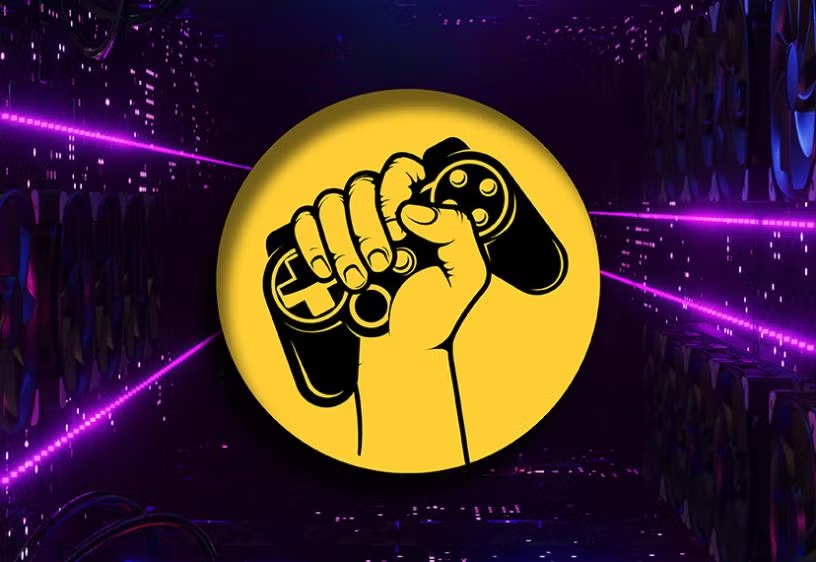
There's no sign of a resolution on the issue of AI training based on the performances of voice artists in video games. The Screen Actors Guild-American Federation of Television and Radio Artists (SAG-AFTRA) has announced that its strike against game developers will continue after it failed to reach an agreement during three days of negotiations.
SAG-AFTRA, which represents around 160,000 voice artists and other entertainment professionals, called a strike in July after developers refused to agree to protect members from the use of their likenesses or voices to train artificial intelligence models.
It says negotiations with employers including Activision Productions, Blindlight, Disney Character Voices, Electronic Arts Productions, Formosa Interactive, Insomniac Games, Llama Productions, Take 2 Productions and WB Games Inc resumed on 23 October but failed to bear fruit.
As a result, it will continue its strike "against all signatories to the Interactive Media Agreement," except for games signed to the Tiered-Budget Independent Interactive Media Agreement or an Interim Interactive Media Agreement.
SAG-AFTRA has made some progress with specific companies. Just this week, it announced an agreement with Ethovox on protections and compensation for performers who consent to take part in the training of the company's authenticated foundational AI model for voice. It also reached an agreement with Last Sentinel developer Lightspeed LA on AI protections in its games.
Voice artists are just one of the sectors affected by the rise of generative AI in video game design and other creative areas. But public opinion on the use of AI remains mixed, with many being opposed to the technology. Transport for Ireland recently apologised after it was blasted on social media for using AI-generated images for a Halloween ad campaign. Meanwhile, an autonomous AI artist just made $351,600 at Sotheby's.







